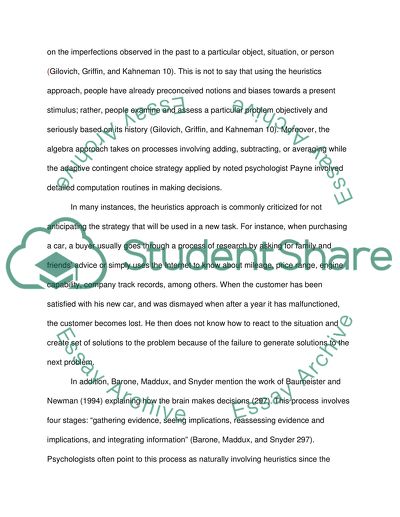Cognition and Thinking Essay Example | Topics and Well Written Essays - 750 words. Retrieved from https://studentshare.org/psychology/1466918-cognition-and-thinking
Cognition and Thinking Essay Example | Topics and Well Written Essays - 750 Words. https://studentshare.org/psychology/1466918-cognition-and-thinking.


